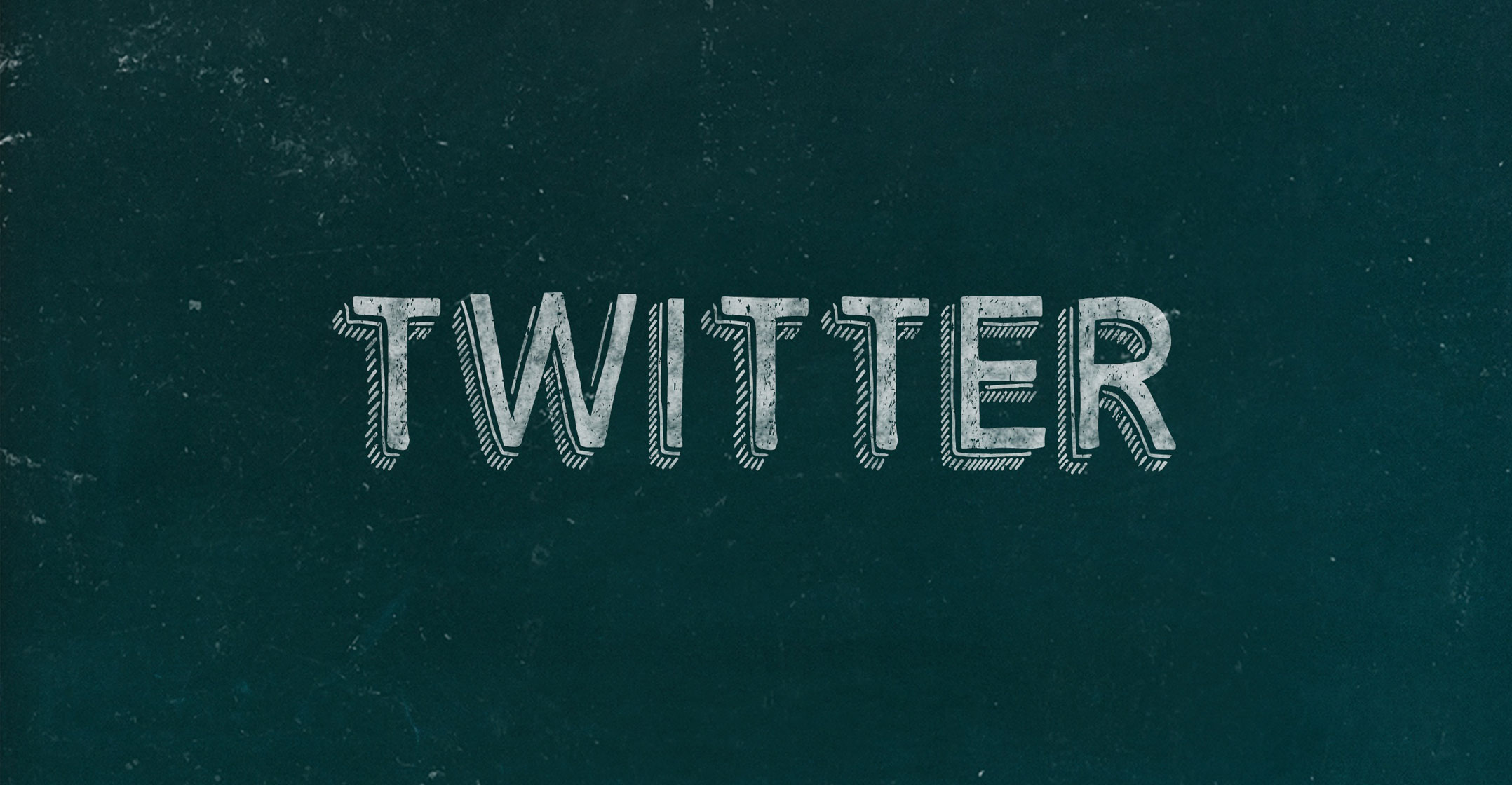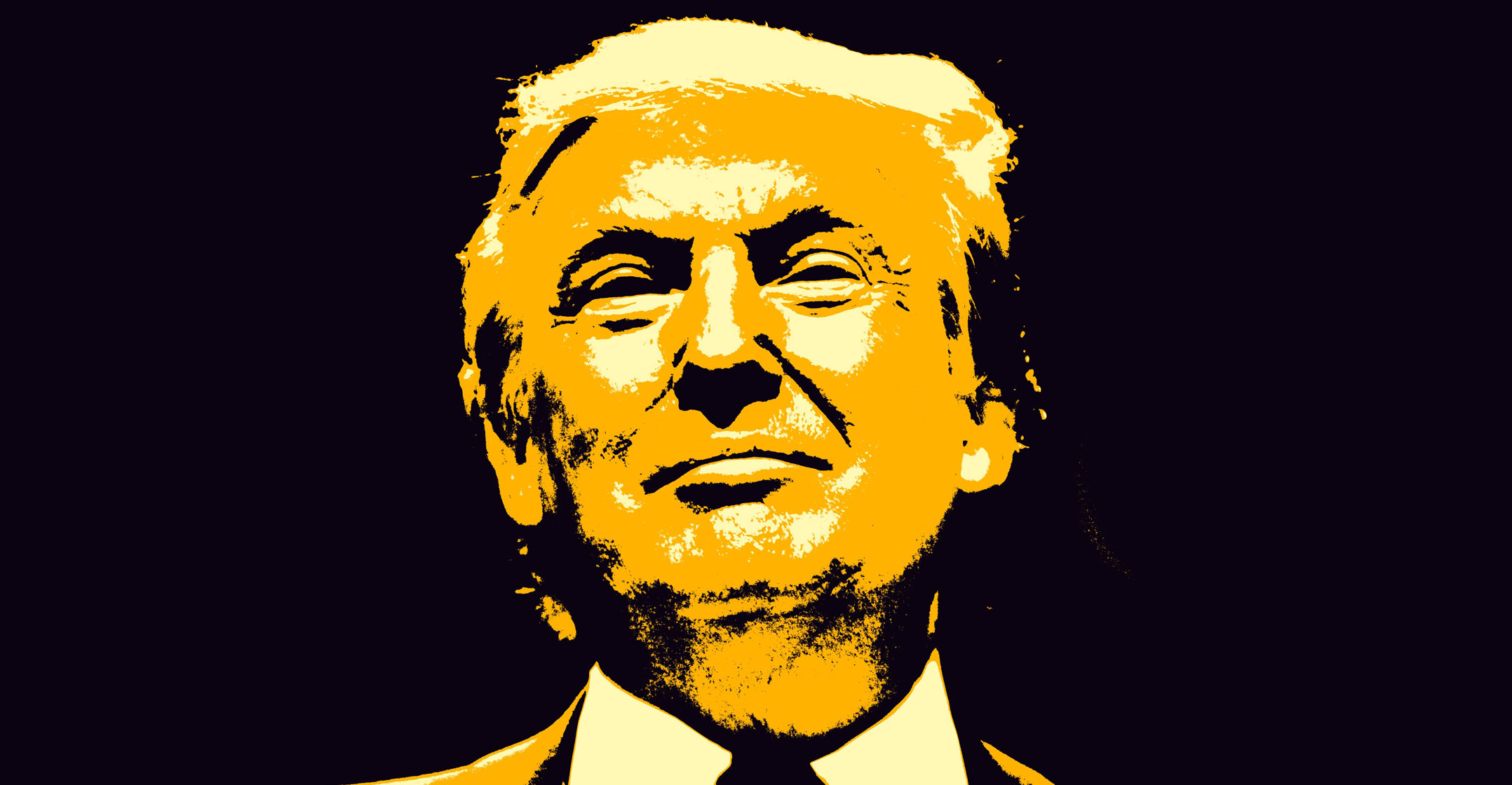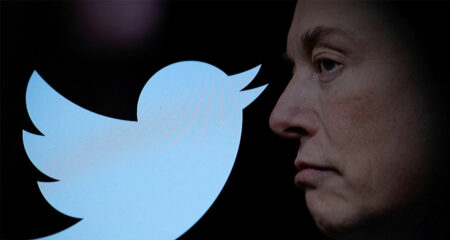 Shares of Twitter slumped 7% on Monday, on course to knock off about US$2.5-billion from the market value of the social media company after it permanently suspended the account of US President Donald Trump.
Shares of Twitter slumped 7% on Monday, on course to knock off about US$2.5-billion from the market value of the social media company after it permanently suspended the account of US President Donald Trump.
The slide came as some Republicans hit out over the weekend at the platform for gagging one of its most watched participants, with traders also pointing to signs that the affair was further fuelling calls for greater regulation of Big Tech.
Trump’s account had more than 88 million followers and had been retweeted billions of times.
“Trump has a very high and loyal following and a lot of those eyeballs will go away if Trump is permanently restricted from posting,” said Andrea Cicione, head of strategy at brokerage TS Lombard.
Other social media platforms, including Facebook, have been quick to issue similar bans on the outgoing president last week after the violence at Capitol Hill.
But the fall in Twitter’s shares in premarket trading was much heavier than for any of its peers.
US media also reported San Francisco police were bracing for a possible protest by pro-Trump supporters outside Twitter’s headquarters on Monday.
Risk of violence
Twitter said on Friday Trump’s suspension was due to the risk of further violence, following the storming of the US Capitol last Wednesday.
It was the first time the company had banned a head of state and was accompanied by the suspension of accounts belonging to vitriolic Trump fans.
European Union commissioner Thierry Breton said the events at the Capitol were likely to herald an era of tougher social media regulation, comparing it to the global crackdown on terrorism after the attacks of 11 September 2001.

“The fact that a CEO can pull the plug on Potus’s loudspeaker without any checks and balances is perplexing,” he wrote in a column for Politico. “It is not only confirmation of the power of these platforms, but it also displays deep weaknesses in the way our society is organised in the digital space.”
Twitter, Facebook and Google have faced a surge in the cost of moderating content on their platforms in recent years, so far countered by rises in the revenue they get from advertising and other services.
US President-elect Joe Biden has been quoted as criticising the “overwhelming arrogance” of the sector’s leaders and analysts expect more legal moves to counter the power of Facebook and others over the next four years.
“Incremental moderation may be welcome, but it’s not cheap and could benefit Facebook, which already employs a moderation army (around six times) larger than Twitter’s workforce,” Bernstein analysts wrote in a note. — Reported by Ambar Warrick, Sruthi Shankar, Thyagaraju Adinarayan and Julien Ponthus, (c) 2020 Reuters




